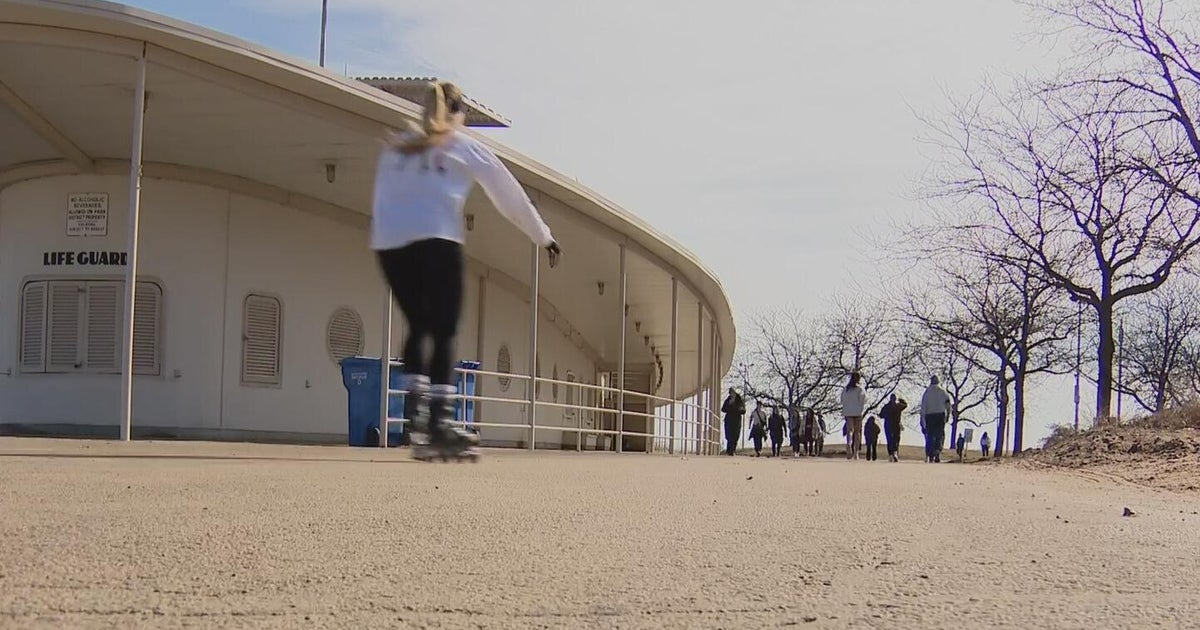I-Team: Whitey Bulger's Notebook Chronicles LSD Prison Testing
BOSTON (CBS) - It induced fear in Whitey Bulger and even threatened to put him over the edge.
Bulger once volunteered for a secret CIA program studying the effects of LSD on humans and now the I-Team has obtained a notebook in which Whitey wrote down his thoughts and fears about taking the mind altering drug.
While in federal prison for bank robbery in the late 1950's and early 1960's, Bulger volunteered to take part in the covert CIA program called MK-ULTRA in exchange for time off from his sentence.
WBZ-TV's Kathy Curran reports.
In the notebook -- undated, but apparently written in the years after he was released from prison -- Whitey described "horrible LSD experiences followed by thoughts of suicide and deep depression." Yet he was determined to keep it all to himself so he would not be "committed for life."
Photos: The Whitey Bulger Scrapbook
At one point, Whitey wrote that he developed a "morbid fear of LSD" and felt if he had any more of it, "it would push me over the edge." He was afraid that "if I mentioned hearing voices" or the "seeming movement of calendar in cell, etc., that I'd be committed for life and never see the outside again."
"The CIA was looking to LSD as a potential incapacitating agent and interrogation agent," said Dr. John Halpern, who specializes in psychiatry and drug abuse research at McLean Hospital.
Whitey wrote that he felt like his "head changes shape" and the only "antidote is to look in mirror" to make sure his head was still the same.
I-Team: The Whitey Bulger Letters
"Could very well be that a person enrolled in a MK-ULTRA program in the late 50's, 60's received large doses of LSD, it's quite possible," Halpern said.
In the notebook, Whitey compared the doctor running the LSD program back in federal prison to "a modern day Dr. Mengele" -- a reference to the notorious Nazi doctor.
"I was in prison for committing a crime," he wrote, "and feel they committed a worse crime on me."
But, there's no sympathy from the families of victims killed during Bulger's reign of terror on Boston streets.
"I think he's been a monster since birth," said Patricia Donahue, whose husband, Michael, was gunned down in the early 1980's allegedly by Bulger. "He's a sociopath and I don't think you can blame the drugs on that."
Whitey goes on to write about "nightly nightmares" and wonders whether the LSD caused him years of "stomach problems" and "allergies."
Later, he said he read of LSD causing chromosome damage and felt if he got married his wife would "demand children," and those children, he feared, would have "mental problems" and "no life."
He wrote of lingering effects. He said he had to "wear long sleeve shirts to bed -- because bear arms make me nervous."
"Sometimes when awake and area is quiet, with eyes closed, you see shafts of light piercing the darkness," he wrote.
Dr. Halpern never examined Whitey, but he described how troubling LSD could be for a man like Bulger, a crime boss fueled by power and control.
"For someone who has a tremendous need for security through control this could lead to a tremendous sense of anxiety and they could feel quite damaged," Halpern said.
In letters from prison to his brother William, Whitey wrote about how excited he was about the LSD project in the beginning and how he could earn "good time" by taking part in it.
In fact, he wrote that he spent Christmas Eve in 1957 working on the LSD project and then rang in the New Year in the same place -- and was extremely happy about it.
But, it was evident in this notebook that things changed.
When asked if the LSD project would be used as part of Whitey's defense, his lawyer, Jay Carney, said it's too soon to tell.







